Iran marks 11th anniversary of top nuclear scientist’s assassination
Iran is marking the 11th anniversary of the assassination of its nuclear scientist, Majid Shahriari. Shahriari was one of several Iranian scientists assassinated in just over a decade with Iran pointing the finger at Israel and the US.
The target of the brazen assassination on the streets of Tehran 11 years ago was not a political figure, as one might expect, but a scientist. Shahriari was on his way to university on Nov. 29, 2010 when assassins on a motorbike attached explosives to his car and detonated them, killing him in cold blood just days before his 44th birthday.
He was a nuclear science and technology professor at Shahid Beheshti University. He studied at Amirkabir and Sharif universities of technology, two prestigious universities in the Iranian capital. His expertise covered a wide array of nuclear scientific fields, including reactors, fuel cycles and radiotherapy engineering. He was involved in designing and constructing nuclear reactor core simulators.
On the day that Shahriari was assassinated, a similar attempt was made on the life of another Iranian nuclear scientist, Fereydoon Abbasi. But he miraculously survived. Those attacks came just months after the killing of another nuclear scientist, Masoud Alimohammadi. Two other experts, Darioush Rezaeinejad and Mostafa Ahmadi Roshan, were also assassinated in the next two years. Mohsen Fakhrizadeh, killed near the Iranian capital last year, was the latest in the string of such assassinations.
Iranian officials have blamed Israel for carrying out the assassinations with the complicity of the US and the terrorist Mujahedin Khalq Organization (MKO). Numerous Western reports have confirmed the veracity of the claim while Israeli officials have never denied culpability. The intention of the killings has been described as impeding Iran’s nuclear program, a campaign that has also included sanctions and acts of sabotage against Iranian nuclear facilities.
Yet, that objective has ostensibly not been achieved as Iran’s nuclear program is pushing ahead full steam. Just earlier this year, Iran unveiled 133 new nuclear achievements to mark the 15th anniversary of the National Nuclear Technology Day. The country has also recently ascended from observer state to full member status at the UN Scientific Committee on Effects of Atomic Radiation.
Even US officials have admitted to such progress. A report earlier this month by the New York Times said US officials have warned Israel against carrying out attacks on Iranian nuclear sites. They say such acts of aggression are counterproductive and prompt Iran to rebuild an even more sophisticated and efficient uranium enrichment system.
Upon visiting Shahriari’s family in the wake of his assassination, Leader of Iran’s Islamic Revolution Ayatollah Seyyed Ali Khamenei said the assassinations are a sign that Iranians are conquering the summits of science and knowledge and called for the continuation of their path. As evidenced by the advances and breakthroughs in the nuclear sector, Iranian officials and scientists have taken meticulous note of that advice.
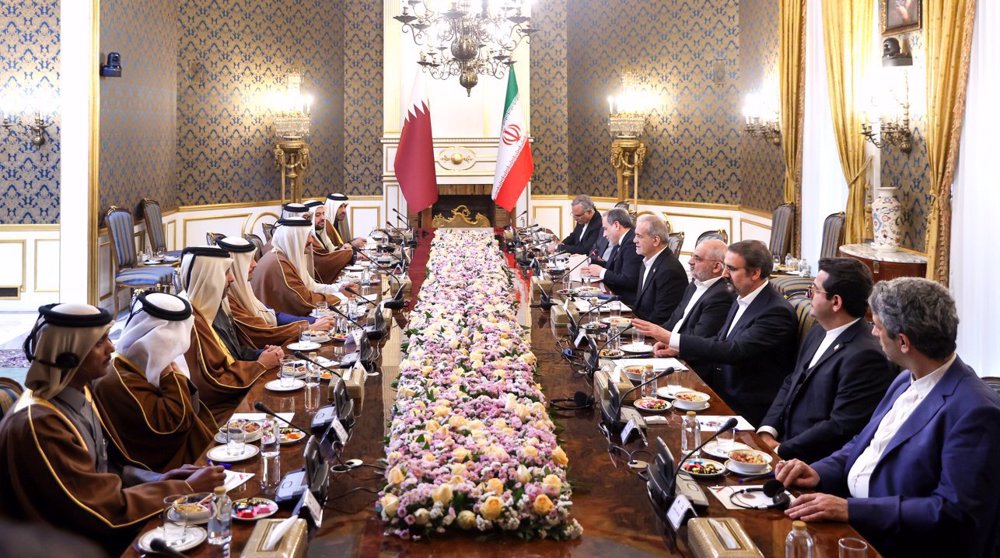
President Pezeshkian: Iran, Qatar opening new avenues for cooperation
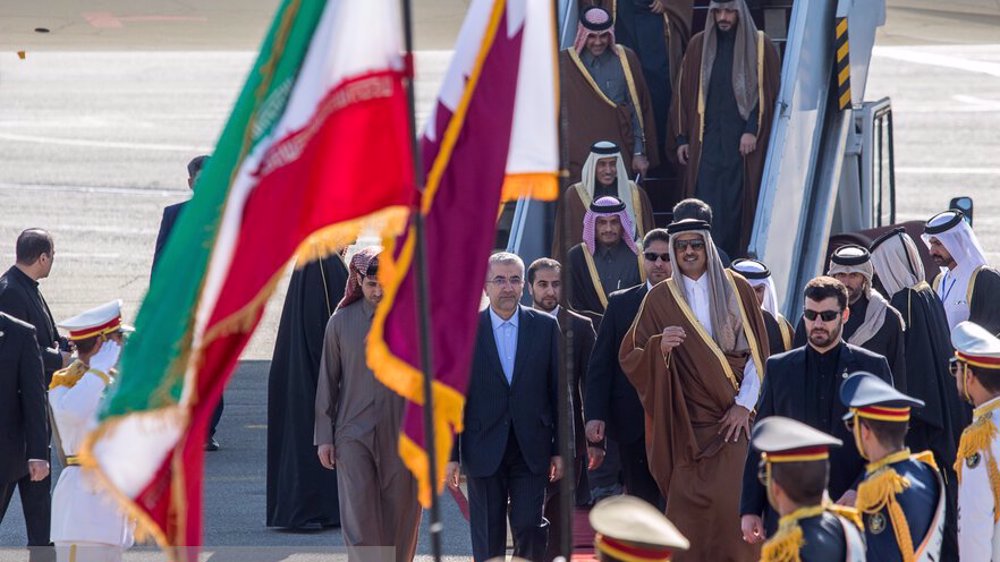
Qatari Emir arrives in Tehran for deeper cooperation talks
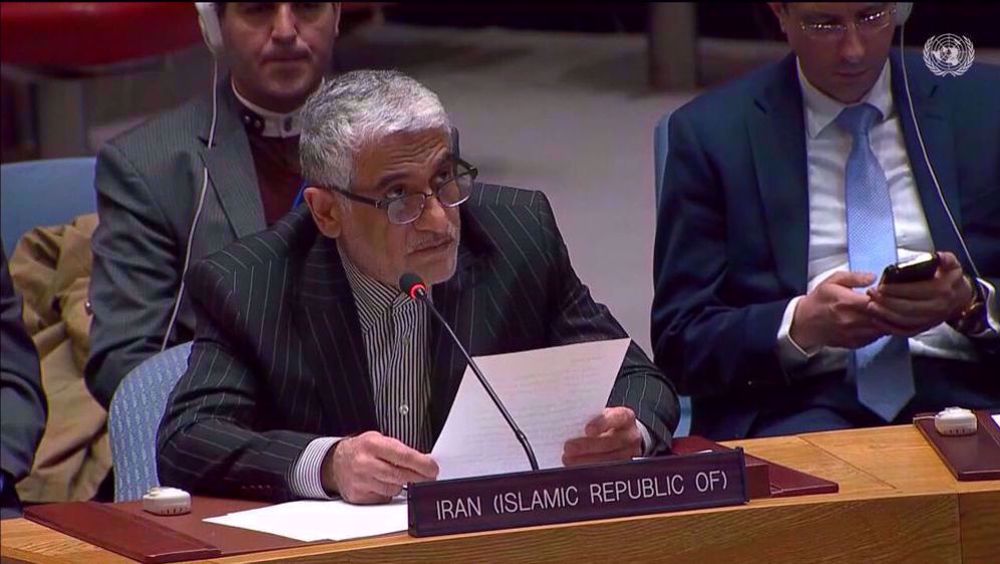
Iran rebukes US 'colonial' plan for forced relocation of Gazans
Hamas says ready to free all Israeli captives at once in phase two of truce
Israel kills one, injures two in southern Lebanon: Media
‘Colonial powers’ have no right to determine fate of Palestine: Qalibaf
Explainer: Why are MK-84 2,000-lb bombs approved by Trump for Israel so deadly?
President Pezeshkian: Iran, Qatar opening new avenues for cooperation
VIDEO | Displaced return home despite destruction
IRGC unveils new homegrown smart missiles, drones drill
Iran launches project to extract, purify helium from natural gas


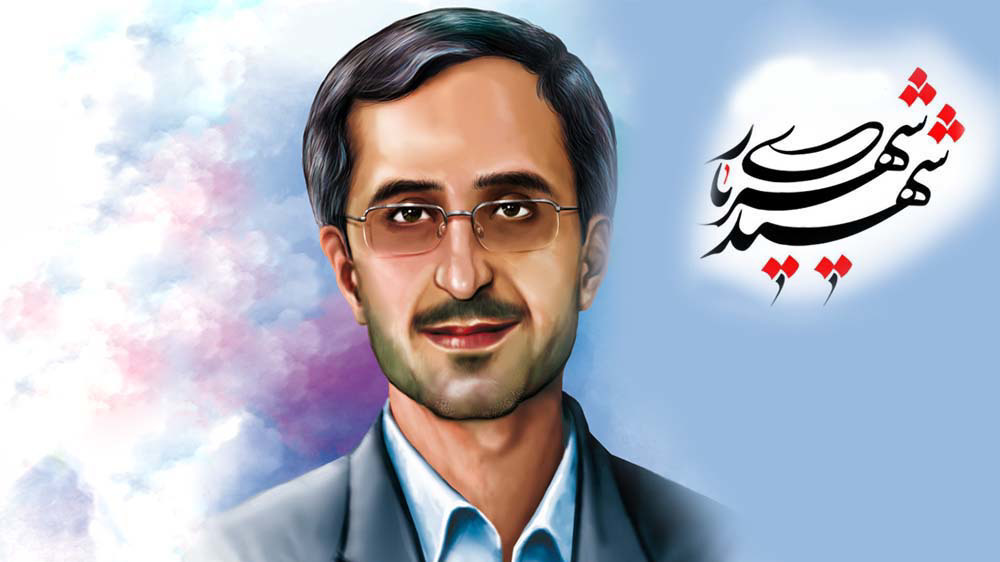
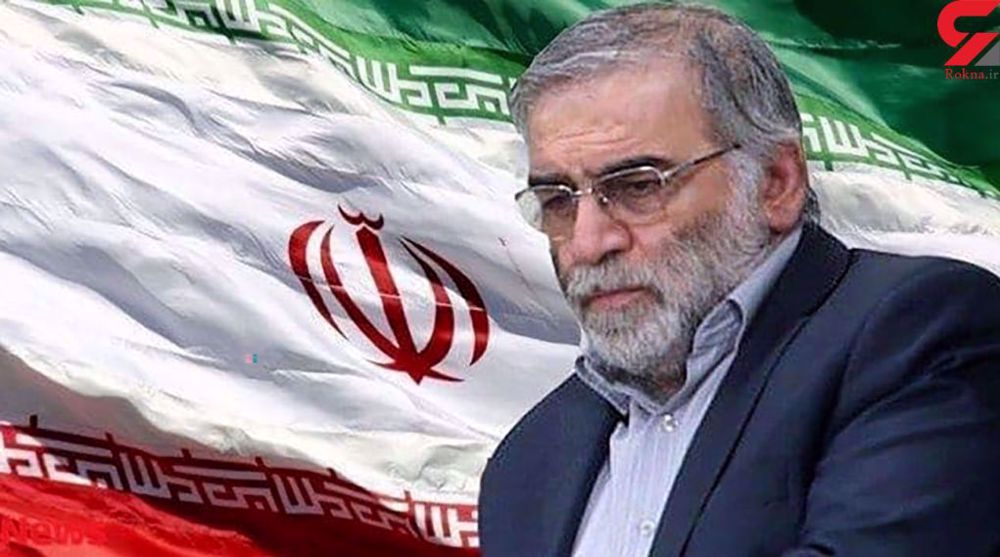




 This makes it easy to access the Press TV website
This makes it easy to access the Press TV website